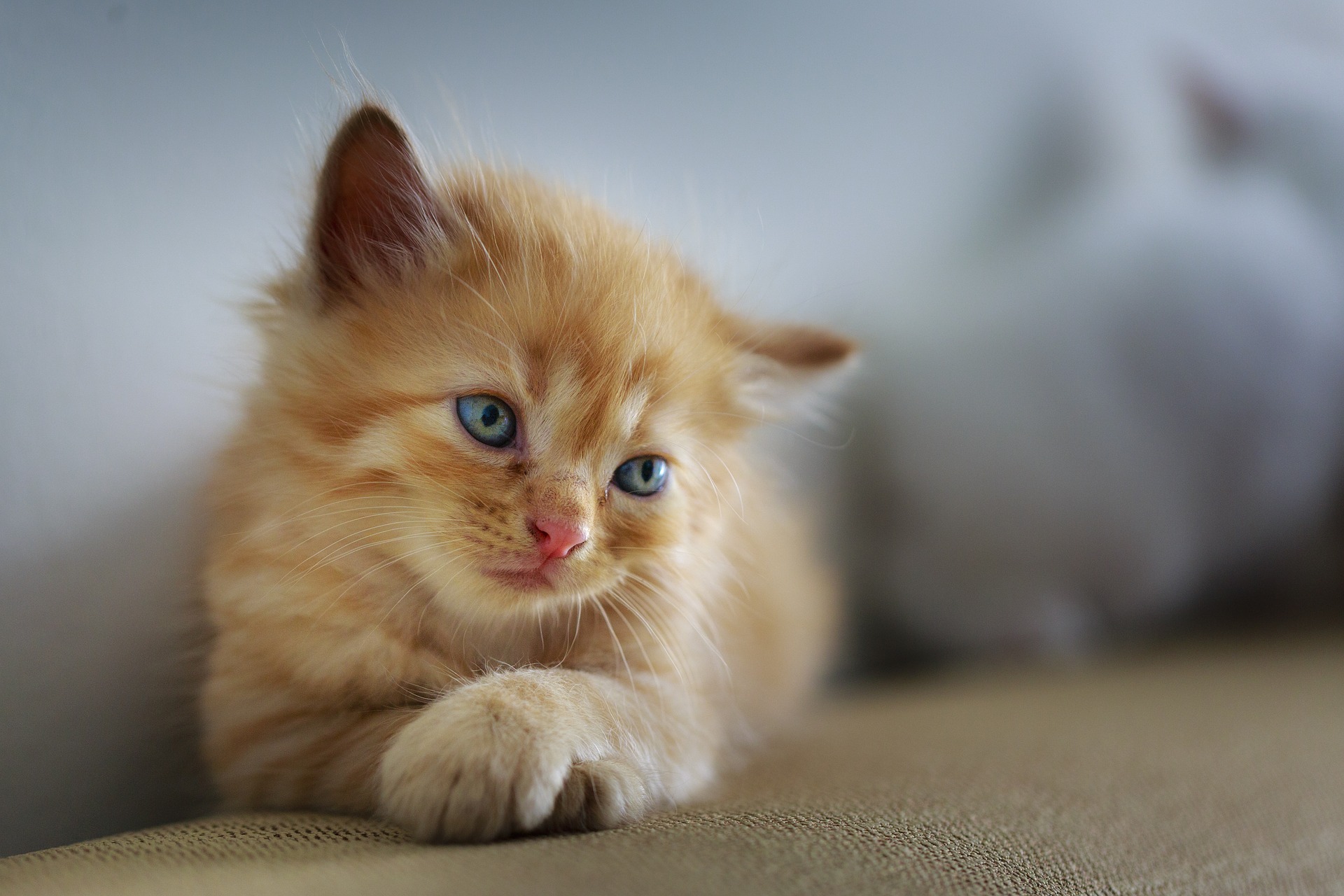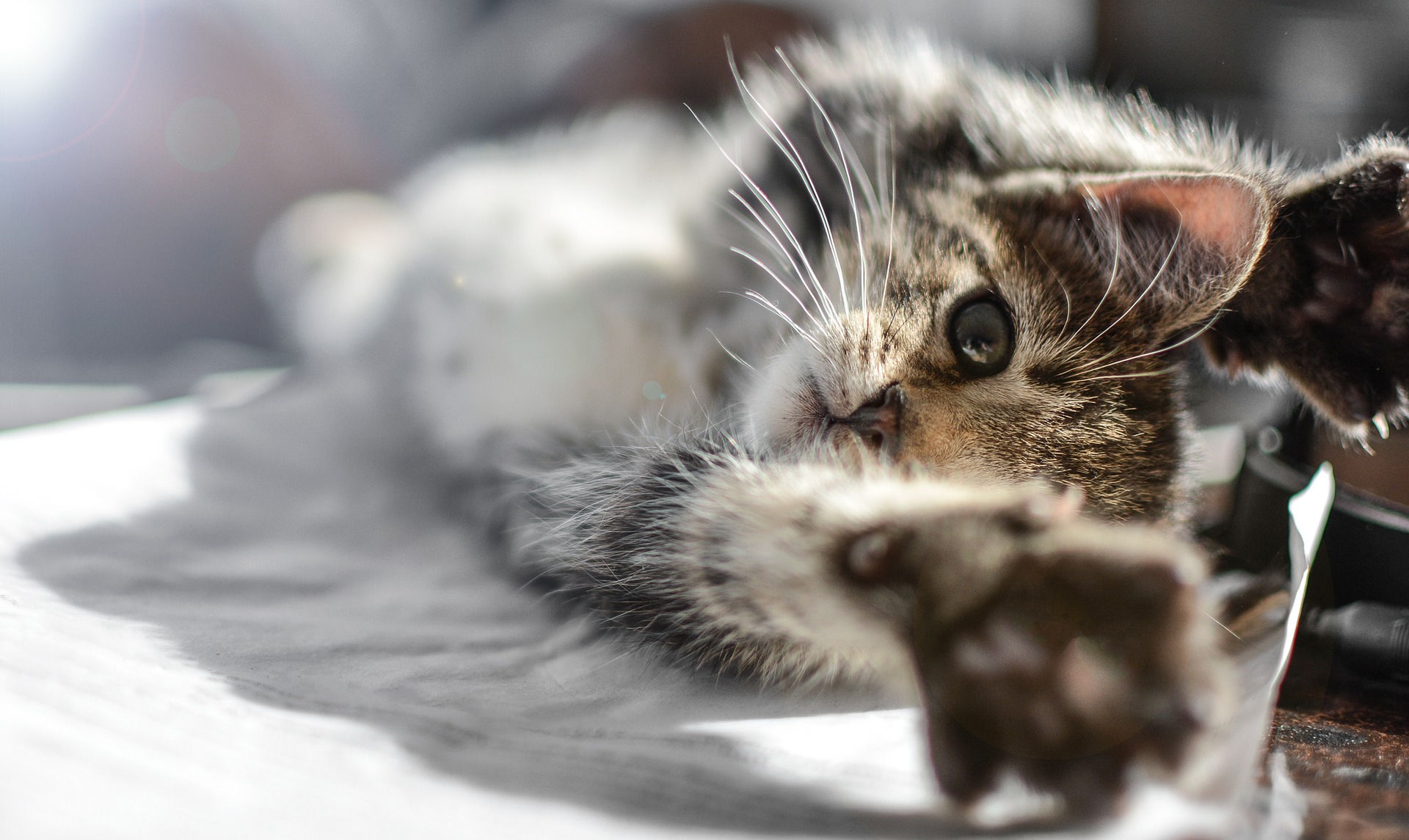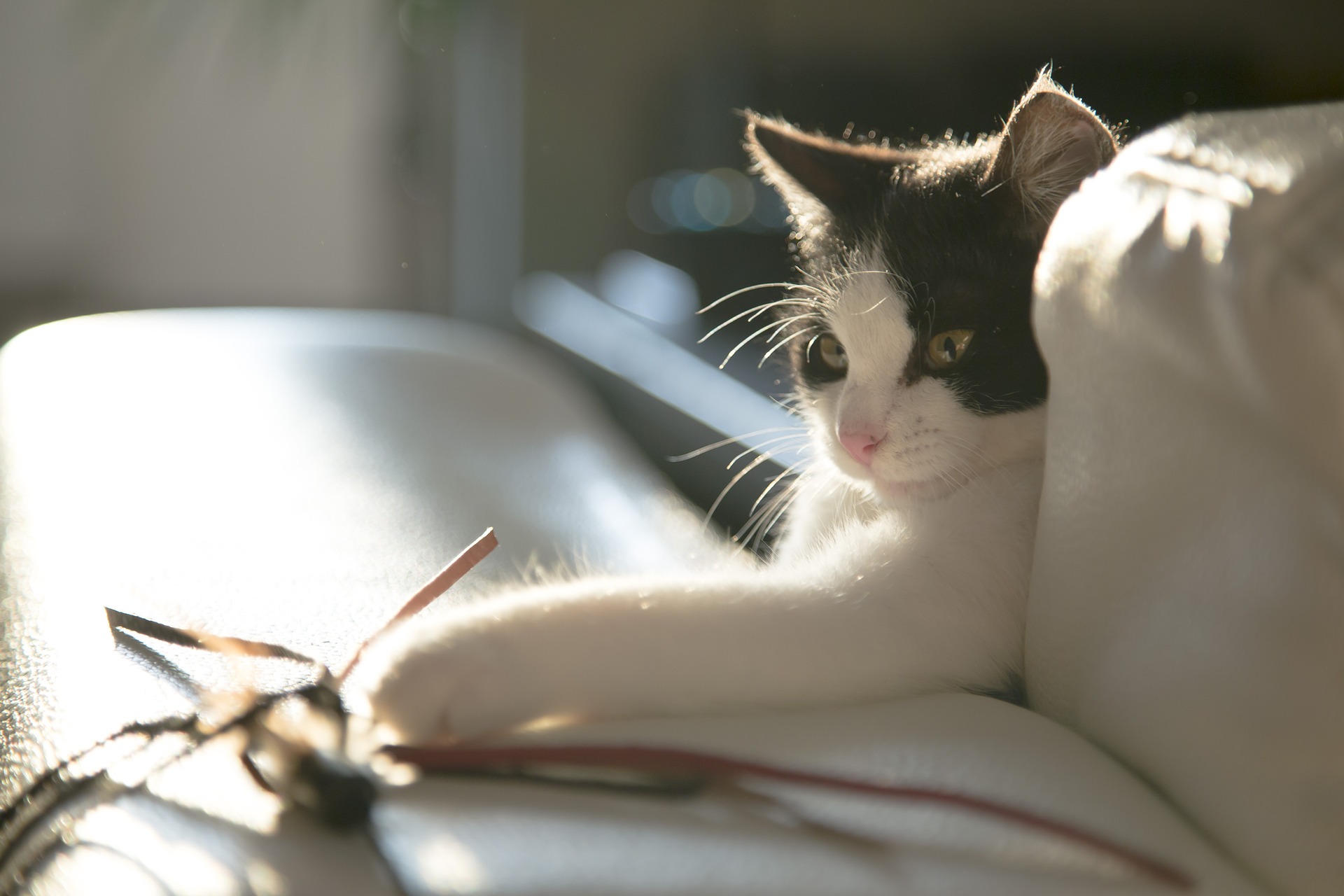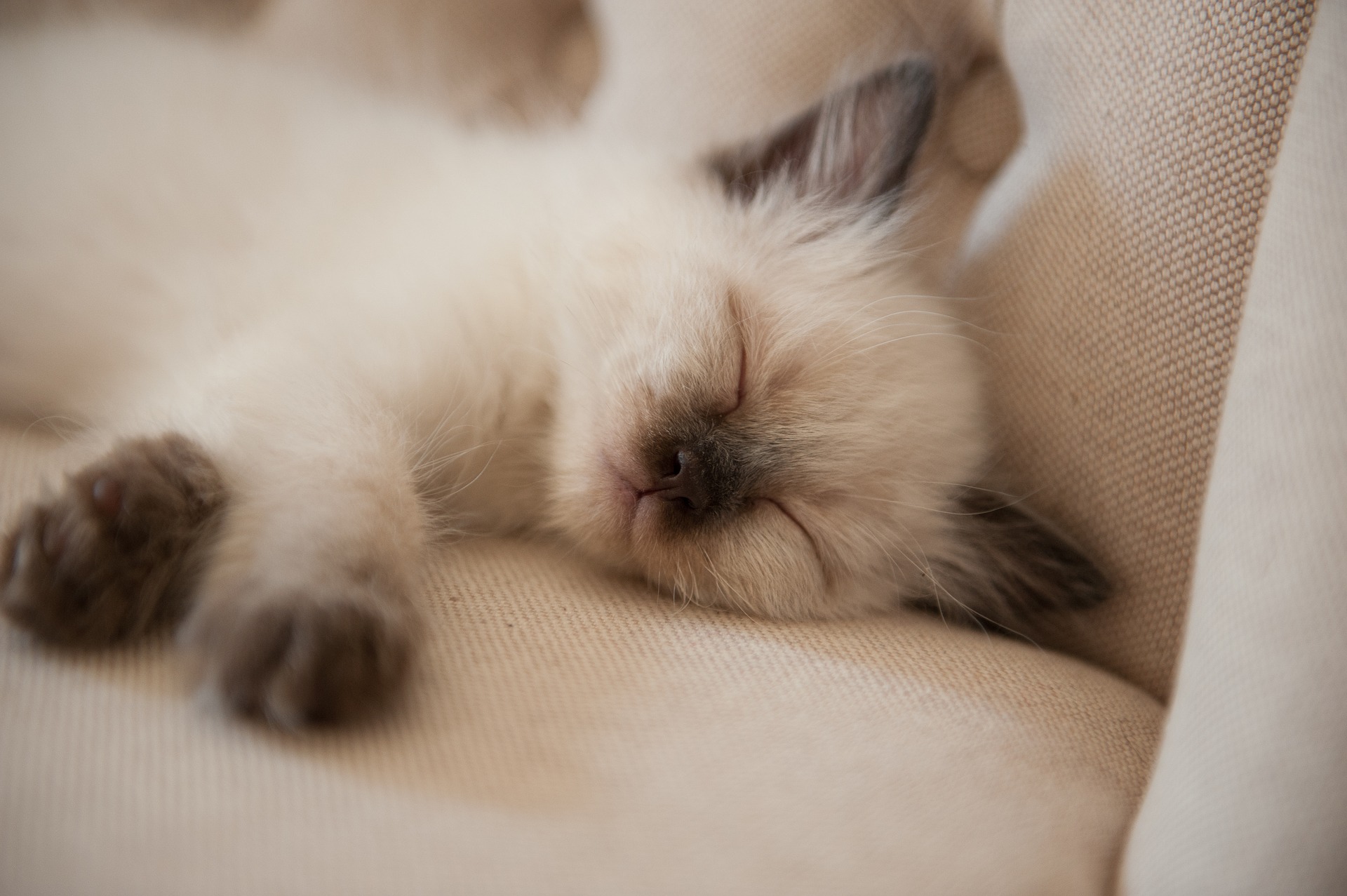We’ve all been there – the first few days of owning a new fur baby can be stressful! Besides helping them settle into their new environment, there are a number of things that can be problematic, with one of the main challenges familiarising them with their litter box.
Finding the right box and litter type
Cats are fussy creatures and take toilet business very seriously, so setting good habits for kittens will help keep them on the right path. Due to their petite size, kittens require a low-sided litter tray to comfortably allow them to climb in and out when needed.
You will need to ensure you have a large supply of cat litter available. With many varieties available, it can be tricky to identify which type is best. Generally speaking, finer grained litters are more comfortable for a kitten’s tiny paws rather than a clumping variety.
Tip: As your kitten gets older they’ll know where their toilet is, and as they grow you may notice more loose litter than before. It’s always advisable to purchase a larger and higher-sided tray to prevent this from happening.
Preventing accidents from occurring
Accidents will occur when you bring a new pet into your household, especially if you start from a young age. But there are some tell-tale signs that can help you from preventing regular accidents from happening…
Kittens tend to scratch, sniff and crouch prior to going to the toilet. If these behaviours are witnessed, it’s best to gently lift your kitten and put them in the litter tray. It is also useful for your new kitten if you prompt them into using the litter tray after eating, playing or upon waking from a nap.
Tip: Your kitten may need a bit of extra assistance during the early stages to help them understand how to go to the toilet. Cats dig a space in their litter prior to relieving themselves. Gently mimic this behaviour by taking your feline’s front paws and demonstrating a gentle digging action.
Remember to reward your kitten
Toilet training is a monumental feat for such a little creature, so remember to reward them each time they’ve used the litter box. A reward could be an edible treat or some simple affection in the form of petting. Your little friend will relate a reward with using the toilet and will therefore be more inclined to do this more often.
Tip: Like all pets, kittens learn things quicker when their other needs are met. Ensure your kitten is always well fed and rested prior to training.
Don’t over do it!
As we said above, it is very likely that your kitten will have the occasional accident while they’re learning to use their new litter box. It’s therefore extremely important to avoid instilling any sense of fear by punishing them for this.
A lot of patience is required from any cat owner and, if an accident does occur, it’s best to not make a fuss of it. Clean up the mess with a tissue and put this tissue into the litter tray – it’ll help your kitten associate the litter tray with their own scent further.
Tip: Your kitten will learn at their own pace and overdoing training can make the process take longer. Ensure you move at your kitten’s pace…
Looking for care for your cat? Perhaps Tailster can help! Whether you’re headed on holiday and need long-term cat care, or just need someone to drop in while you’re working, we’ve a range of carers across the UK, available to tend to your pet care needs. For more information on our full service, click here.



